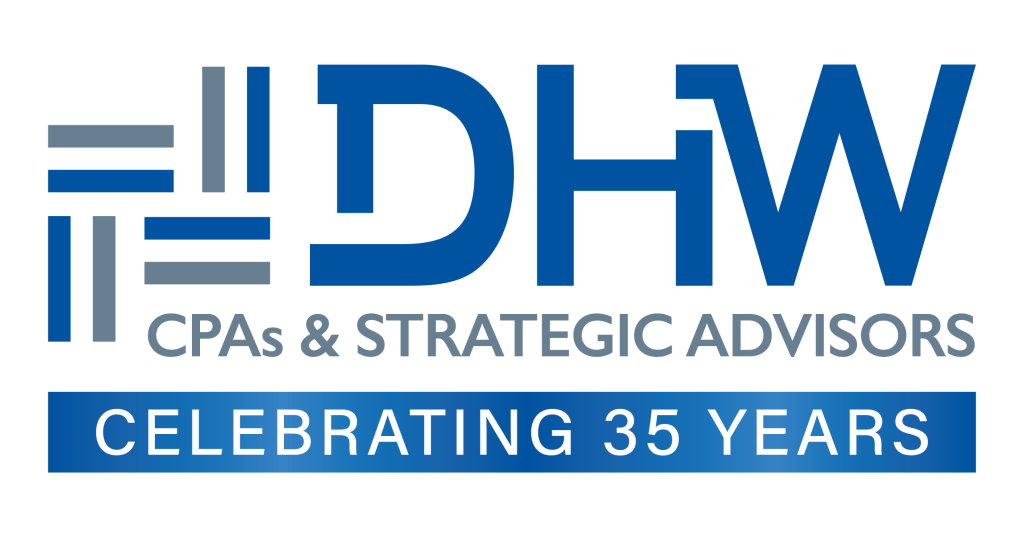For plan sponsors, the decision to file benefit plan forms electronically or by paper is no longer just a matter of convenience—it’s a compliance issue. With recent regulatory changes now in effect, it’s more important than ever to understand when electronic filing is required, what forms are impacted, and how to prepare.
The IRS Electronic Filing Mandate
On February 23, 2023, the IRS finalized regulations under the title Electronic-Filing Requirements for Specified Returns and Other Documents. The rule significantly expands mandatory electronic filing for taxpayers submitting 10 or more returns of any type during the calendar year, effective for filings due on or after January 1, 2024.
While the regulation touches on multiple return types, three in particular are directly relevant for ERISA plan sponsors:
Form 5558: Extension Requests for Employee Benefit Plans
As of January 1, 2025, Form 5558—used to request an extension of time to file Form 5500—can be submitted electronically through EFAST2.
For calendar-year plans, Form 5500 is typically due July 31. Sponsors seeking an extension must file Form 5558 before this deadline. If the new electronic filing threshold applies to your organization, confirm whether electronic submission of Form 5558 is now mandatory and take steps to ensure timely compliance.
Form 5330: Reporting Excise Taxes
Form 5330 is required when an employer needs to report excise taxes, such as those triggered by a late deposit of plan contributions. If your organization files more than 10 returns, electronic filing is required for tax years ending on or after December 31, 2023.
The IRS has made it clear: paper submissions from those required to file electronically will be disregarded—essentially treated as if no return was filed at all.
For the 2024 tax year, the IRS granted a temporary reprieve due to a lack of approved e-filing vendors. However, there’s currently no indication that this grace period will extend into 2025, making it critical for plan sponsors to prepare now.
Form 8868: Extension for Form 5330
When filing an extension for Form 5330, sponsors must use Form 8868, not Form 5558. This applies to 2024 tax year filings and likely going forward.
Form 8868 must be submitted before the filing deadline, and any applicable excise taxes must be paid at the time of the extension request. While electronic filing of Form 8868 offers convenience and efficiency, it remains a new process for many plan sponsors—underscoring the importance of internal coordination and timely execution.
Best Practices for Complying with Electronic Filing Requirements
To help our clients stay compliant and avoid last-minute surprises, Davidson, Holland, Whitesell & Co. recommends the following steps:
- Assess Applicability: Determine whether your organization meets the 10-return threshold for mandatory e-filing.
- Update Internal Processes: Align your tax and benefits teams to ensure readiness for electronic filing across all applicable forms.
- Coordinate with Vendors: Confirm that your service providers—TPAs, recordkeepers, payroll processors—have systems in place to comply with electronic filing regulations.
- Stay Informed: Monitor IRS and DOL notices closely and act on any updates or guidance as soon as possible.
And most importantly, file extensions before deadlines, regardless of whether filing is done electronically or by paper.
Compliance in a New Filing Landscape
As electronic filing becomes the norm, the complexity of navigating ERISA and IRS filing rules continues to grow. Our professionals at Davidson, Holland, Whitesell & Co. are here to help you interpret the requirements, stay compliant, and file accurately and efficiently.
Need help navigating 2025 plan filing requirements?
Contact our Employee Benefit Plan Services team to schedule a consultation or learn more about how we can support your benefit plan compliance.

